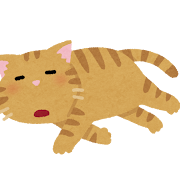

Something that I did well during this assignment was being thorough in each mini lesson and assignment. I’d focus on the content and found that I could often understand most of what was being said without the need for translation. What I could work on for the future is consistency and being able to study for a smaller period of time every day rather than all or nothing.
Some skills I have developed to make my creative activities better are collaborating with others to brainstorm more ideas. I am able to communicate with my peers in a responsible and professional manner, give my input and also listen to their opinions to better my creative activities. When faced with ambiguity or setbacks, I reflect back on my past actions to advance the development of my ideas. If I ever find that I’m stuck with something, I will go back to the beginning and work my way through everything to see what I could change. This often helps me figure out what went wrong and allows me to continue after I’ve resolved everything. Some short/ long term goals for myself include continuing to develop a consistent study plan, not only for Japanese but for other subjects as well. My plan to achieve this is setting a specific time every day to review and study. To keep myself accountable, I can ask my friends to accompany me to the library or cafes to study so that I’ll feel pressured to be productive.
To continue my Japanese language acquisition, I’ll try to consume more Japanese media through things like music, shows, and also trying to read more books by Japanese authors. If I could go back in time, I would give my past self the advice to be more diligent in consistently studying, rather than waiting until last minute to study more. I believe this would’ve greatly helped with retaining what I’d studied rather than it going in one ear and out the other.


